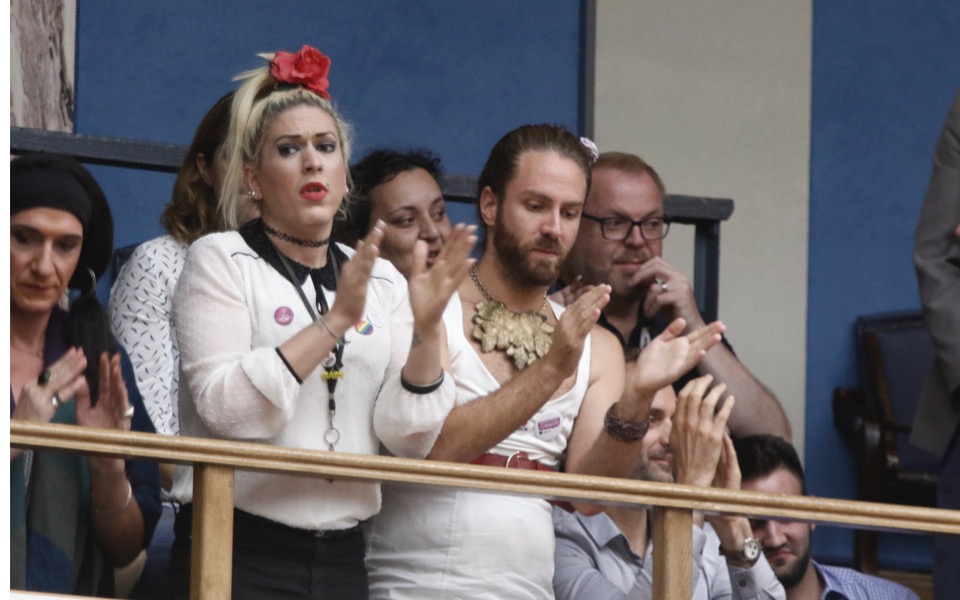Struggling to adapt

In the first decades of the post-war European experiment, the then European Economic Community (EEC) made great efforts towards the standardization of agricultural production and the setting of quotas. It set us on a path to uniformity and diversity, which was aptly criticized by the Count of Paris, Henri d’Orleans, in an article published in Le Figaro back when the euro first came into circulation.
Since then, the European Commission began to zealously promote “homogeneity” of the nations of Europe despite centuries of tradition and the constitution of its citizens on the basis of which the nation-state was formed. The main aim of this effort is to create the “Europerson” freed from “national characteristics.”
It is important to point out that no political leader in this country, regardless of their party, would have brought forth for debate the issue of “gender identity” in parliament had it not been for the condemnation Greece received at the European Court of Human Rights and the obligation to adapt Greek law to European law.
SYRIZA seized the opportunity to promote itself as a champion of human rights, also hoping to lure leftwing voters. ANEL was reduced to a state of extreme embarrassment. New Democracy tried to balance its dedication to European ideals with its traditional voter base, which is naturally opposed to such a law. Hence the ridiculous exchanges during the two-day debate in Parliament.
The Church of Greece, which strongly condemned the gender identity law, found itself in the firing line. This was expected, however, because, with the prevailing decay, the church has ended up as a point of reference for citizens espousing more traditional values, regardless of political affiliations. This, naturally, influenced the behavior of lawmakers.
This has led to a situation whereby the church is relegated to a secondary role by successive governments seeking to accomplish their aims, and the opposition which uses it as a conduit to further its bid for power. Both, government and opposition, want an a la carte relationship with the Church.
The problem is that the mission of the church differs from that of political parties which, in order to convince society of their “European policy,” must abandon tactical maneuvering and deal with the substance.





